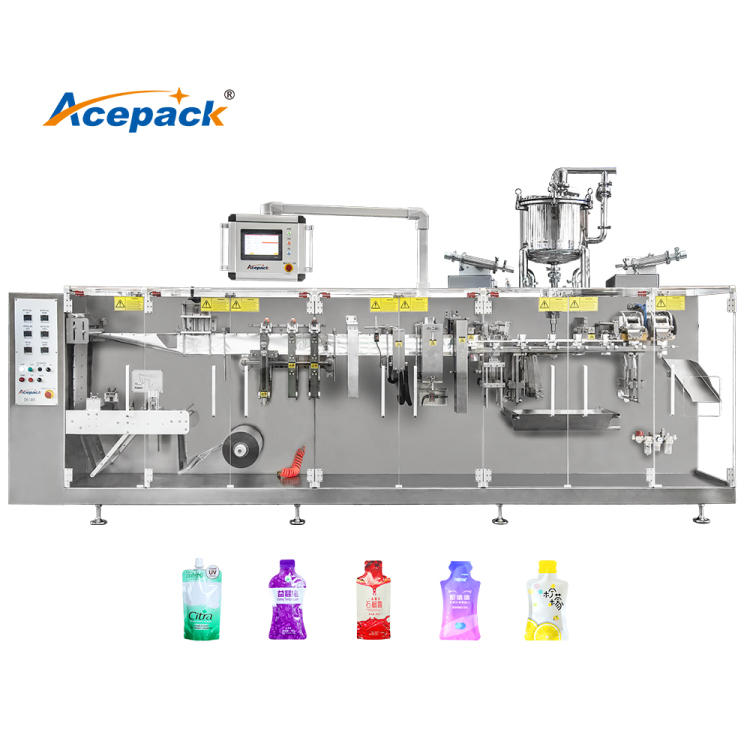Amidst the global call for environmental responsibility and sustainability, the form-fill-seal (FFS) machine industry is embarking on a transformative journey towards greener packaging solutions. These machines, once primarily focused on efficiency and throughput, are now evolving to prioritize environmental performance, setting new benchmarks for the packaging sector.

Innovations in Energy Conservation
At the core of this revolution lies the relentless pursuit of energy efficiency. Modern FFS machines are designed with energy-saving technologies at their heart, integrating advanced motors, drive systems, and insulation materials. This not only minimizes energy consumption during operation but also reduces the overall carbon footprint of packaging production. Additionally, intelligent energy management systems enable real-time monitoring and optimization, ensuring that energy is used only where and when necessary.
Minimizing Waste and Enhancing Recyclability
Waste reduction is another crucial pillar of sustainable packaging. Modern FFS machines incorporate precision control systems that minimize material waste during packaging processes. By accurately metering and cutting materials, these machines drastically reduce scrap rates, saving valuable resources and reducing landfill waste. Furthermore, the adoption of recyclable and biodegradable materials in packaging design further enhances the environmental credentials of FFS machines.
Eco-Friendly Materials: The New Norm
The use of eco-friendly materials is rapidly becoming the norm in FFS packaging. Companies are turning to materials such as biodegradable plastics, renewable resources, and plant-based polymers that are not only safe for consumers but also gentle on the environment. FFS machines are being engineered to work seamlessly with these materials, ensuring their smooth integration into the packaging process.
Intelligent Automation for Sustainable Production
Intelligent automation is another key driver of sustainable packaging through FFS machines. By leveraging IoT, AI, and advanced analytics, these machines can optimize production processes in real-time, reducing downtime, enhancing efficiency, and minimizing waste. This intelligent approach not only improves profitability for manufacturers but also fosters a more sustainable production environment.
Consumer Demand and Market Trends
The growing consumer demand for sustainable and eco-friendly products is also driving the transformation of FFS machines. Consumers are increasingly conscious of the environmental impact of their purchases, and businesses are responding by adopting sustainable packaging solutions. FFS machines that prioritize environmental performance are well-positioned to meet this market demand, providing competitive advantages to manufacturers.




